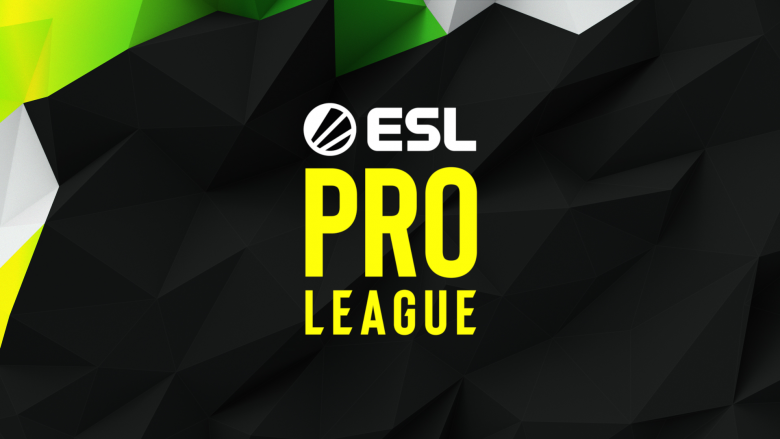Daily Pulse: Global Insights
Your daily source for news and insightful information from around the globe.
ESL Thrills: How CSGO Turns Casual Players into Tactical Gladiators
Unleash your inner warrior with ESL Thrills! Discover how CSGO transforms casual gamers into tactical gladiators. Join the battle today!
The Psychology of Competitive Gaming: How CSGO Fuels Tactical Mindsets
The world of competitive gaming has evolved into a rigorous battlefield where players not only test their skills but also their mental fortitude. One of the most prominent games in this arena is
Counter-Strike: Global Offensive (CSGO), a tactical first-person shooter that demands both individual skill and cohesive teamwork. The psychology behind CSGO is fascinating; players must constantly analyze their opponents' behavior, make split-second decisions, and adapt their strategies on the fly. This high-stakes environment cultivates a tactical mindset, enabling gamers to develop critical thinking and problem-solving skills that extend beyond the game itself.
Moreover, the psychology of competitive gaming in CSGO often leads to significant personal growth. As players engage in high-pressure situations, they learn how to handle stress, maintain focus, and communicate effectively with their teammates. These experiences contribute to the formation of a tactical mindset, equipping players with the tools to approach challenges methodically. Research has shown that such environments can enhance cognitive flexibility and improve decision-making abilities, showcasing how CSGO not only entertains but also serves as a platform for developing essential life skills.

Counter-Strike is a popular tactical first-person shooter that emphasizes teamwork and strategy. Many players transitioning from other games, such as Valorant, often seek to adjust their settings appropriately. A helpful resource for this is the guide on valorant to cs2 sens, which walks through the necessary adjustments for a smoother experience.
From Casual to Competitor: The Transformation Journey in CSGO
The journey from a casual player to a competitor in Counter-Strike: Global Offensive (CSGO) is both thrilling and challenging. Initially, many players dive into the game for its immersive gameplay and social interactions, often playing with friends or participating in casual matches. However, as they become familiar with the mechanics, maps, and weaponry, a desire for improvement ignites. This spark can lead players to adopt a more serious mindset, where they begin to analyze their gameplay, seek out resources, and engage in practice routines dedicated to honing their skills.
The transition involves a commitment to learning and adapting. More than just playing the game, serious CSGO competitors often immerse themselves in strategy guides, join community forums, and watch professional matches for inspiration. They work on enhancing their reflexes, understanding game theory, and mastering communication with teammates. As players evolve from casual gamers into fiercely competitive contenders, they not only improve their individual skills but also develop a keen sense of teamwork and strategy, ultimately leading to their preparation for tournaments and ranked play.
What Makes CSGO a Platform for Developing Strategic Thinking Skills?
Counter-Strike: Global Offensive (CSGO) is more than just a fast-paced first-person shooter; it serves as a rich platform for developing strategic thinking skills. Players must constantly assess their surroundings, making split-second decisions that can impact the outcome of the game. The necessity to evaluate the strengths and weaknesses of both their team and the enemy leads to a deeper understanding of tactical gameplay. For instance, players often devise complex strategies involving communication, team coordination, and the use of different character roles and weapons. These elements foster an environment where critical thinking and adaptability are not just beneficial, but essential for success.
Additionally, CSGO encourages players to analyze their performance and the dynamics of their games rigorously. After each match, players review their gameplay to identify errors and areas for improvement, which enhances their strategic thinking skills further. This reflective practice often involves discussing game tactics and learning from both victories and defeats, promoting a cycle of continuous learning and skill refinement. As a result, players not only become adept at the game but also cultivate valuable problem-solving skills that can be applicable in real-life scenarios, where tactical analysis and quick decision-making play significant roles.